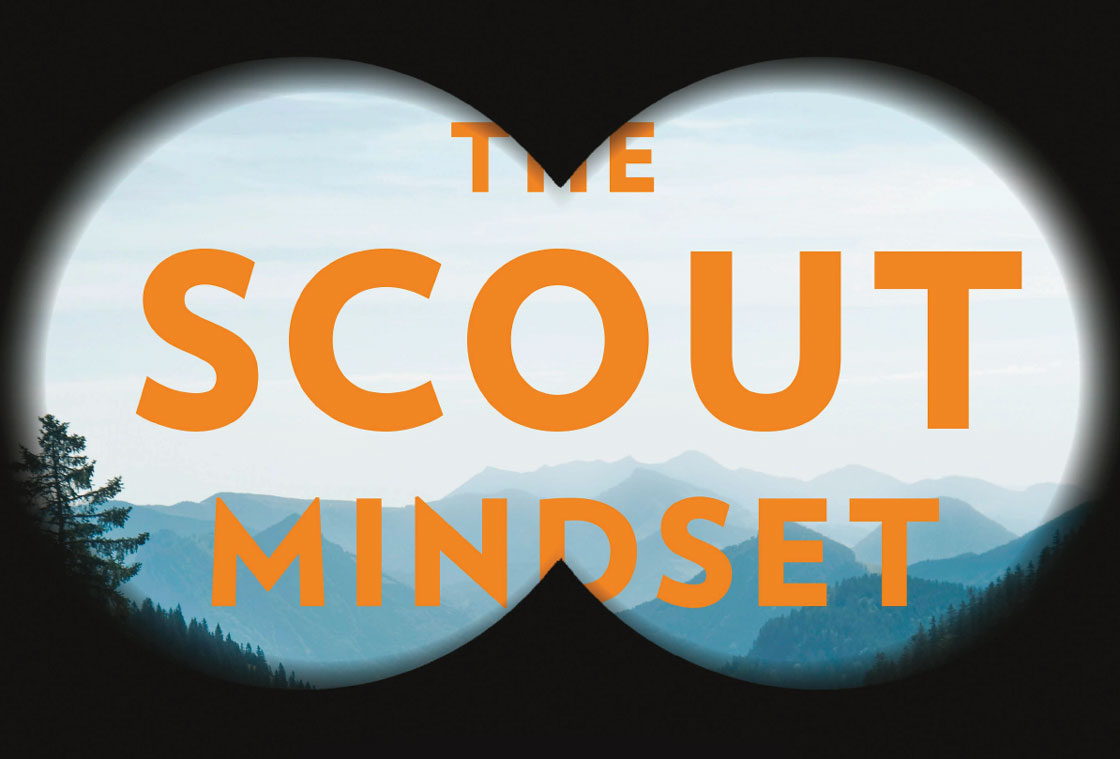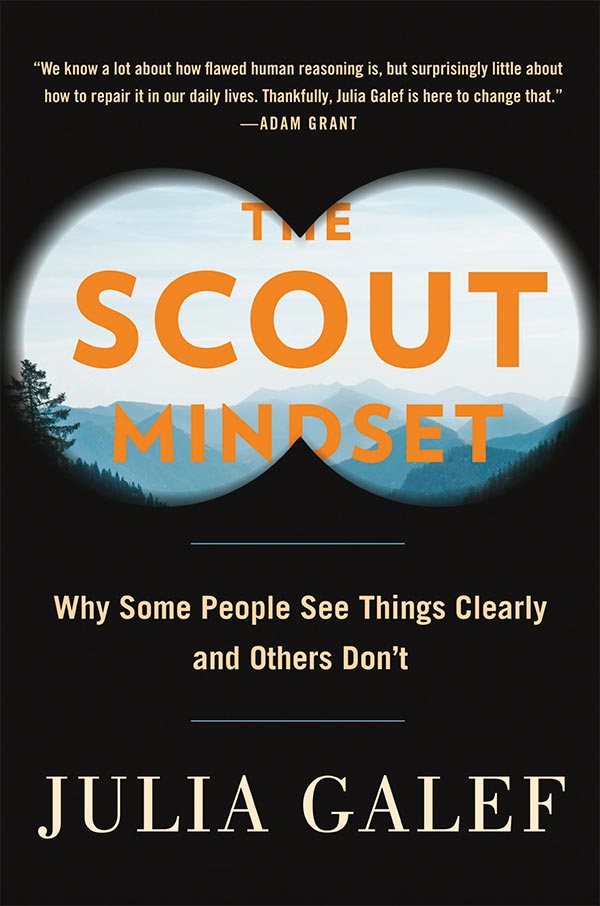The word “metaphor” derives from the Greek words “meta” (“change of place, order, condition, or nature”) and “phor” (to carry or transfer) and in common usage means to carry or transfer you from one idea that is difficult to understand to another idea that is easier to grasp. Many subjects in science are notoriously incomprehensible and so the use of metaphors is essential. The Newtonian “mechanical universe” metaphor, for example, carries us from the difficult idea of gravity and its spooky action at a distance to the more understandable “clockwork universe” of gears and wheels. In turn, this metaphor was employed by Enlightenment thinkers to explain the workings of everything from the human body with its levers and pullies (joints, tendons, muscles) to the workings of political systems (with the king as the sun and his subjects as planets circling about him) and even economies — François Quesnay modeled the French economy after the human body, in which money flows through a nation like blood flows through a body, and ruinous government policies were like diseases that impeded economic health, leading him to propose laissez faire as a government policy.
The workings of the human mind are especially enigmatic, so scientists have invoked metaphors such as hydraulic mechanisms, electrical wires, logic circuits, computer networks, software programs, and information workspaces. Nobel laureate psychologist Daniel Kahneman famously invoked the metaphor of thinking as a dual system: fast and intuitive versus slow and rational. In The Scout Mindset Julia Galef, cofounder of the Center for Applied Rationality and host of the popular podcast Rationally Speaking, quite effectively uses the metaphor of mindsets — that of scouts and soldiers. The soldier mindset leads us to defend our beliefs against outside threats, seek out and find evidence to support our beliefs and ignore or rationalize away counterevidence, and resist admitting we’re wrong as that feels like defeat. The scout mindset, by contrast, seeks to discover what is true through evidence and reasoning toward conclusions that lead to a more accurate map of reality, “the motivation to see things as they are, not as you wish they were,” Galef explains.
The norms of reasoning between these two mindsets are striking and, Galef argues, explains how thinking goes right and wrong. Soldiers rationalize, deny, deceive and self-deceive, and engage in motivated reasoning and wishful thinking in order to win the battle of beliefs. “We talk about our beliefs as if they’re military positions, or even fortresses, built to resist attack,” she writes. “Beliefs can be deep-rooted, well-grounded, built on fact, and backed up by arguments. They rest on solid foundations. We might hold a firm conviction or a strong opinion, be secure in our convictions or have an unshakeable faith in something.” This soldier mindset leads us to defend against people who might “poke holes” in our logic, “shoot down” our beliefs, or confront us with a “knock-down” argument, all of which may be our beliefs are “undermined”, “weakened”, or even “destroyed” so we become “entrenched” in them less we “surrender” to the opposing position.
If you’re right, of course, this can be effective. But the problem is that none of us are omniscient, and almost all reasoning and decision making happens under uncertainty, so the soldier mindset can easily lead to error. In seeking truth — that is, an accurate map of reality regardless of which belief is right — scouts engage in more open-minded discovery, objectivity, and intellectual honesty in which “I was wrong” and “I change my mind” become virtues instead of vices.
An update makes something better or more current without implying that its previous form was a failure.
Soldiers are more likely to agree with statements like these: “Changing your mind is a sign of weakness.” “It is important to persevere in your beliefs even when evidence is brought to bear against them.” Scouts are more likely to agree with these statements: “People should take into consideration evidence that goes against their beliefs.” “It is more useful to pay attention to those who disagree with you than to pay attention to those who agree.” Scouts, Galef explains, “revise their opinions incrementally over time, which makes it easier to be open to evidence against their beliefs” and “they view errors as opportunities to hone their skill at getting things right, which makes the experience of realizing ‘I was wrong’ feel valuable, rather than just painful.” In fact, Galef suggests, let’s drop the whole “wrong” confession and instead describe the process as “updating”, a reference to Bayesian reasoning in which we revise our estimations of the probability of something being true after gaining new information about it. “An update is routine. Low-key. It’s the opposite of an overwrought confession of sin,” Galef continues. “An update makes something better or more current without implying that its previous form was a failure.”
Galef’s scout mindset metaphor deserves its place among the pantheon of cognitive metaphors, not only because it explains how people reason (or fail to reason) and why we so often get things wrong, but also why “we change our minds less often than we should but more often than we could.” Yes, she acknowledges, we “sometimes hide the truth from ourselves” but more importantly, she expounds, “the times we succeed in not fooling ourselves, and what we can learn from those successes.”
Galef has first-hand experience in running workshops teaching people how to use the tools of rationality like probability, logic, and especially how to avoid cognitive biases, only to discover that this wasn’t enough. Learning about cognitive biases no more improves your judgement than reading about exercise improves your fitness. Knowing how to reason is important but cultivating an attitude of truth-seeking through the scout mindset is like developing a lifestyle of exercise that leads to fitness. Without the attitude of curiosity and truth-seeking undergirding knowledge and tools of science and reason, mental fitness will elude us. The Scout Mindset cultivates those virtues in an engaging and enlightening account from which we can all benefit. ![]()
This article was published on April 24, 2021.

















The main difficulty, especially in things involving politics or nations, is not that people use different logical mindsets. It is that tribal instincts overwhelm virtually any logic at all. All social animal species have such instincts, and they have presumably been successful or the species would not exist. Individuals sometimes put the interests of the group above all else, even their own lives. This is an undeniable fact. Being able to think somewhat logically, humans typically identify certain concept with their own group and they will defend those concepts sometimes to the death. It is likely that these concepts, such as religious beliefs, are part of the mechanisms which promote instinctive group solidarity.
I first heard about this concept (metaphors) from Galef’s 2010 TEDTalk.
There are a few different references that I would like to see her incorporate into the narrative. The first is Cass Sunstein’s thoughts about “How Change Happens.” https://mitpress.mit.edu/books/how-change-happens
In part, we publicly voice positions about what we believe but also hold private positions about the same topic. Change ‘happens,’ when we start to learn that others hold similar beliefs to our private beliefs, and those beliefs start to become our public beliefs. Gay marriage is an example. The second reference is a brief TEDTalk by Juan Enriquez in which he explains how beliefs can change over time due to other social changes, such as technology.
https://www.ted.com/talks/juan_enriquez_how_technology_changes_our_sense_of_right_and_wrong
Seems to me that a soldier, and not just a scout, could extend equal toleration while withholding equal validity to competing ideas in the intellectual marketplace, as demonstrated here, for example: https://www.ligonier.org/blog/christians-duty-hold-firm/?utm_source=feedotter&utm_medium=email&utm_campaign=week%20blog&utm_content=httpfeedsligonierorg6011335280ligonierministriesblogthechristiansdutytoholdfirm&mkt_tok=MTg5LUpMQS0yMTYAAAF8ormLzmfVGRV5wOa_tu7bGdwaN4Dge4Zqk_U10JxYIpGgu0B3TF6muxsI9KStqblUQTMRY9yHBiG7RQGZAMOmQXmDAbMVbwKW63uC9auueyUW&fbclid=IwAR2mgMpK98tjGXV9kwKPgtotT8JmZ82yvlJ0HzOgmncUIszfOf7KDIu1NUQ
Why do so many Christians use the term “Judeo-Christian” instead of the more inclusive term Abrahamic? Is it your belief that the God of Islam is not the same God of Abraham?
Christians think God is the same one and only deity as for the Jews and Judaism, Yahweh, but I doubt Jews would say they believe in the same God as Christians do. And it seems far less likely that Muslims would think Allah is the same God Christians believe in.
Great!! It’s crystal clear…